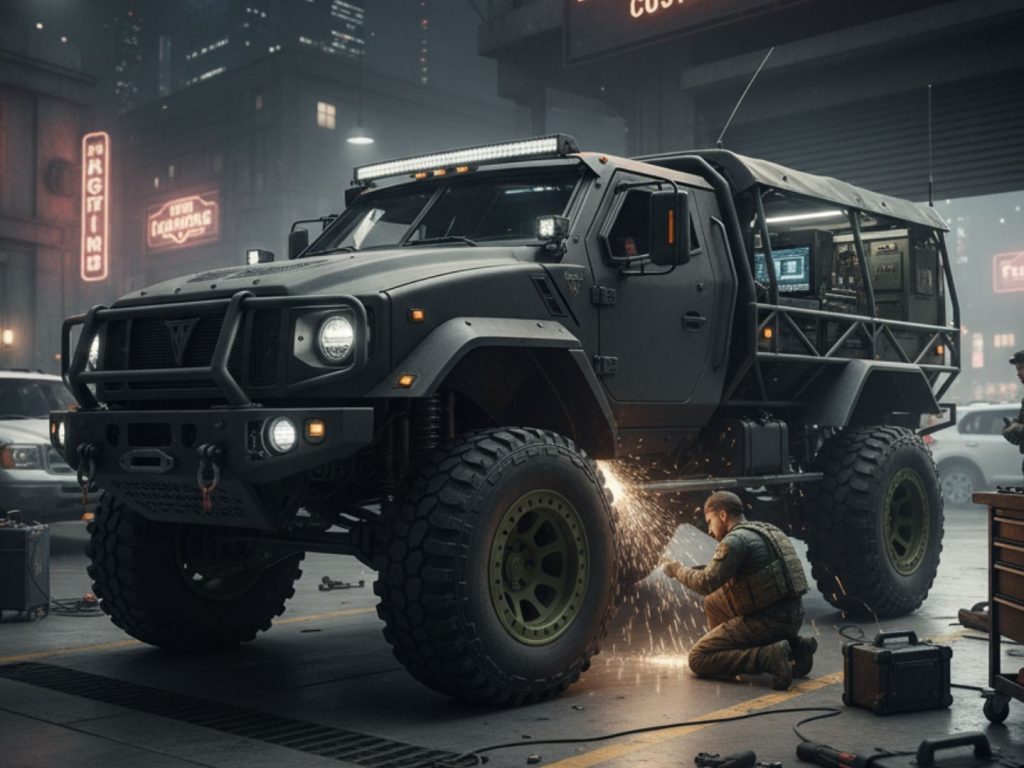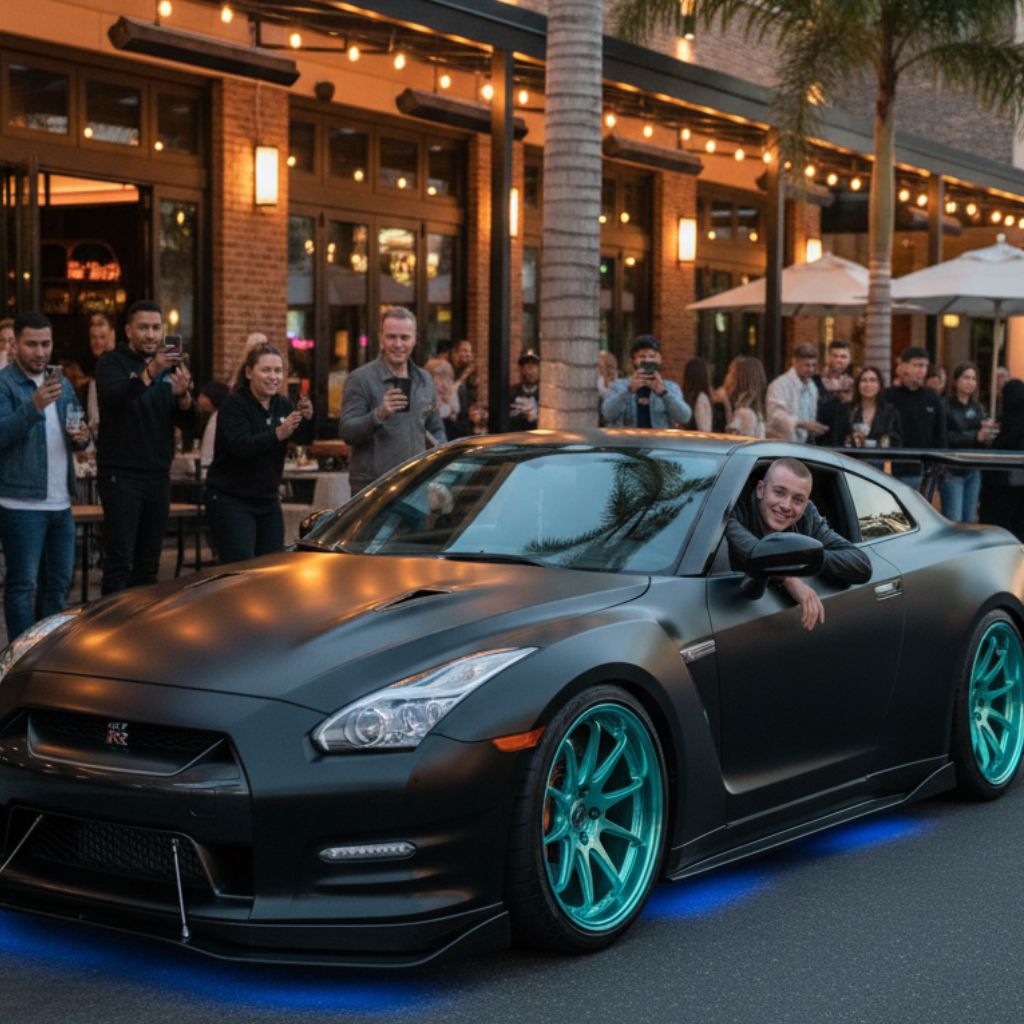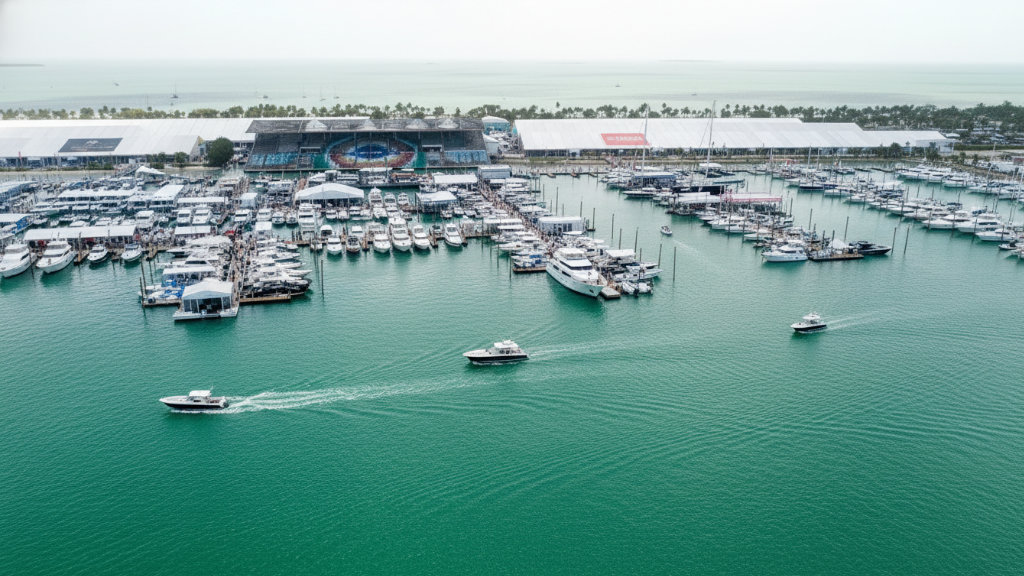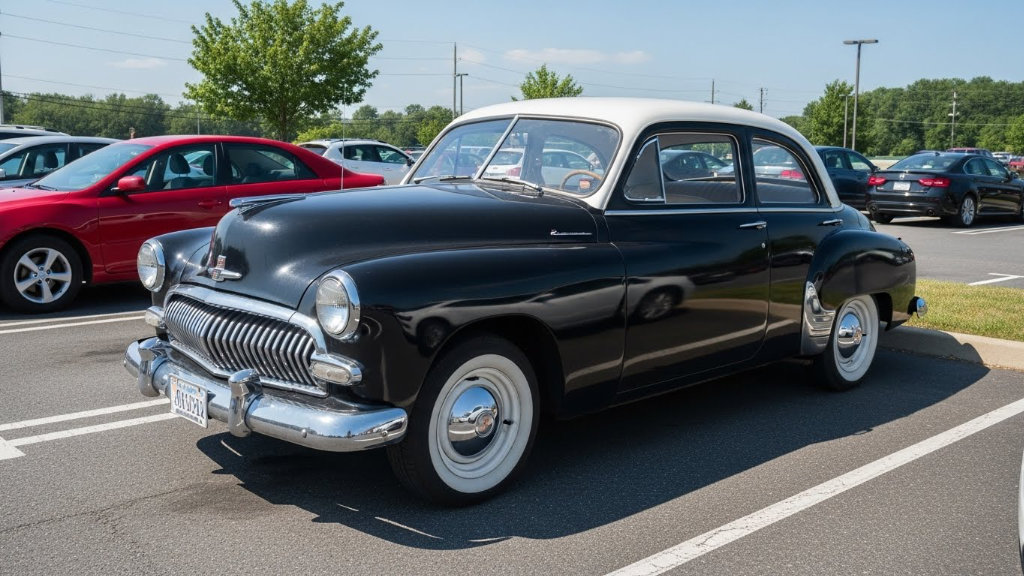Car modification laws in the U.S. vary widely between states—and sometimes even between counties or cities. What’s perfectly legal in one state could get you fined or even towed in another. For car enthusiasts and travelers, understanding these differences is key to avoiding citations, impoundment, or liability issues when crossing state lines.
Why Car Mod Laws Differ Across States
Every vehicle on the road must meet federal safety and emissions standards, but states are free to add their own rules. The National Highway Traffic Safety Administration (NHTSA) oversees federal safety requirements under the Federal Motor Vehicle Safety Standards (FMVSS)—covering airbags, lighting, brakes, and crash protection. States can’t override these, but they can impose stricter limits on modifications like exhaust noise, lift kits, and tinting.
On the emissions side, the Environmental Protection Agency (EPA) enforces the Clean Air Act, which prohibits any modification that disables or reduces the effectiveness of emissions systems. This includes removing catalytic converters, disabling O₂ sensors, or using “defeat devices.”
Still, each state writes its own enforcement code. That’s why what passes inspection in Florida could fail in California.
State Examples: What’s Legal at Home May Not Be on the Road
- California: Under California Vehicle Code §27150, any modification that increases exhaust noise beyond factory specifications is illegal. The state’s Referee Program can require testing and proof of compliance.
- Texas: The Texas Department of Motor Vehicles allows certain custom vehicles, but noise, lighting, and bumper height are regulated under state inspection laws.
- New York: The New York DMV enforces the SLEEP Act, which makes loud aftermarket exhausts punishable by fines up to $1,000 and potential inspection failure.
Even window tint laws differ dramatically. For example, Florida allows front-side windows to let in 28% of light, but New York requires 70%, meaning Florida-legal tint could earn you a citation up north.

What Happens During a Traffic Stop
If you’re pulled over in a state where your modifications violate local law, officers can still issue citations—even if your vehicle is registered elsewhere. Common enforcement issues include:
- Window tint darker than local limits
- Aftermarket exhaust exceeding noise thresholds
- Underglow or colored lighting
- Emissions system tampering or missing catalytic converters
Depending on severity, you might receive a “fix-it” ticket, a fine, or be ordered to make immediate corrections. In stricter states—especially those that align closely with California Air Resources Board (CARB) rules—officers can even impound your vehicle until it’s brought into compliance.
Penalties and Compliance Risks
Fines and Fix-It Orders: Minor offenses like tint or lighting violations often result in repair orders requiring you to prove compliance within a set period.
Emissions Violations: The EPA’s Tampering Policy allows penalties for both individuals and shops who alter or disable emissions systems. States like California, New Jersey, and New York adopt similar or stricter versions.
Vehicle Impoundment: In severe cases—especially where emissions tampering or safety risks are found—your vehicle can be seized until fixed.
Insurance and Liability: If a modification contributes to an accident, your insurer may deny coverage. Mods that are not compliant can also increase liability exposure in court.
Compliance Tips Before You Travel
- Check state and local codes before hitting the road—especially for tint, exhaust, lighting, suspension, and emissions.
You can find details at most state DMV websites, such as California DMV, Texas DMV, or New York DMV. - Temporarily revert questionable mods to stock or disable them if possible.
- Carry proof of compliance, such as receipts, inspection reports, or CARB EO numbers for aftermarket parts.
- Stay within federal safety and emissions standards to reduce conflicts with state enforcement.
- Use reputable installers who understand both NHTSA and EPA compliance guidelines.
Car modification laws are inconsistent and often confusing. A custom build that’s compliant in your home state might be a violation elsewhere—and ignorance of local law won’t save you from fines or impoundment.
Before traveling, research each state’s specific requirements and make smart, reversible modification choices. By staying within both federal and state guidelines, you’ll keep your car compliant—and enjoy the drive withou any issues.
Ready to Drive Anywhere?
Whether you’re taking your custom build across the country or just want peace of mind at home, Ride Legal helps you stay compliant every mile of the way.
Learn more at Ride Legal— your trusted guide for everything on the road.



